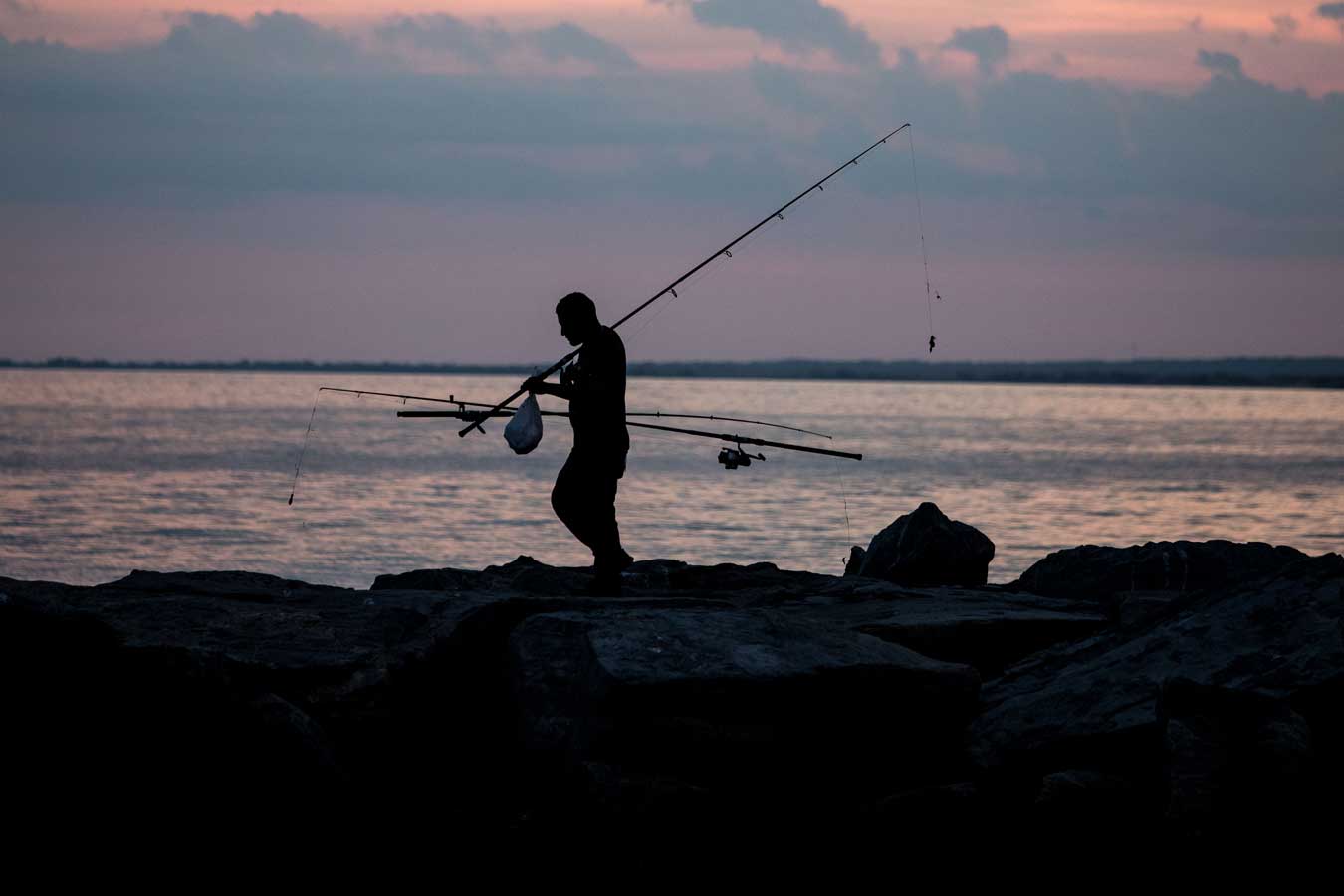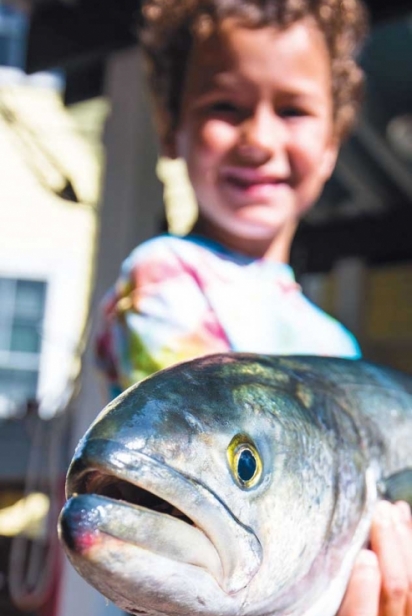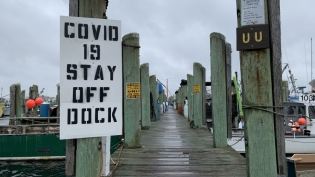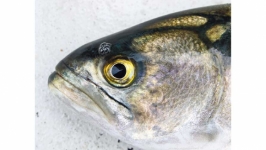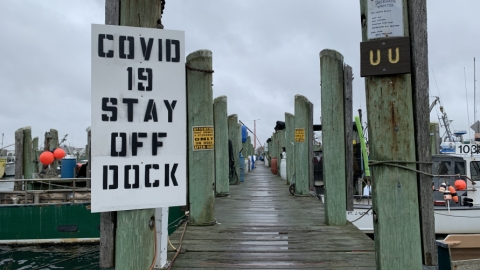Goin' Fishing
What Better Time to Catch Your Own Dinner?
It seems that more than a few of us are going back to basics, paring down and refocusing. Maybe the pandemic did that— shuffled a few things around in our heads, made us realize that we had grown too soft, too used to the easy way in life. So now the bike is king—so is the home garden and baking sourdough bread. Why not add fishing to the list? Why not go out and catch your dinner?
People often ask me how to fish, or say they want to get back into fishing, but they don’t know where to begin. Fishing encompasses so much: It’s a sport to some, a way to gather food for others and a way to make a living for even more. It’s a connection to a place, to a living resource. For all of us, it’s a way to be outside, to open our senses.
For me, much of the appeal of fishing has to do not only with catching but also cooking what is wild and native to Rhode Island—fish such as striped bass, bluefish, scup and blackfish. When I was a kid, I used to love walking bridges and docks. The adults would be fishing. Different languages would be spoken. I’d walk the length of the dock and peer into their buckets, looking for clues. I’d peer into the water. This was almost metaphysical to me. That fish—animals that we generally can’t see in their underwater world—can be hooked and brought to the surface by people standing on a bridge. And then end up in a bucket.
There is a common theme to the questions I get asked. Where should I go? When should I go there? What should I use for bait? Are the fish biting lures? These are hard questions to answer. Fish are tied to seasons, migrations, tides and location. A striped bass off Fox Point in Providence, for example, is a different kind of striped bass than one you might catch off Watch Hill. Their habits are different and the fishing methods for one are different from the other.
So I tell people to keep it basic; keep it local. If you live in Warwick, fish near there. If you live in Barrington, fish Barrington. Walk the shores and observe where you see other people fishing. Start to put together a local picture of the good fishing spots. This shouldn’t be hard—in Rhode Island, we are blessed with shoreline diversity, from huge slabs of granite to fine sand, from sheltered coves to turbulent ocean headlands.
With fishing, it’s easy to become overwhelmed by the number of choices. Walk into a bait and tackle store and look on the walls—so many lures, so many baits, so many reels and rods. People seem terrified to go fishing in the wrong place at the wrong time with the wrong bait. That’s the trouble with being an adult—we’re all too concerned about making mistakes and wasting time.
As kids, my brother and I biked or walked to our fishing spots. We’d stand on a pier or jetty and do nothing but waste time. We’d fish in the winter when there wasn’t a living fish within 30 miles of us, or we’d cast into water so shallow that not even a mummichog could live in it. It never bothered us. We set out to go fishing and fish we did. We learned by wasting time. The trick now is finding the time to waste, but you’ll soon discover that time “wasted” fishing is time well spent.
The most valuable advice I can give is to keep an open mind. Don’t take fishing too seriously. It’s full of frustrations. You drop a hook down and snag bottom. You lose the hook. On the next cast you have a tangle. The tangle is intricate, complex. You end up having to cut it out and start over. During this, you notice everyone else on the pier is catching fish, one after the other. The bite is on! After you spend 10 minutes with the tangle and get your line situated again, not another fish is caught and you go home, the bucket empty. But then the next trip you catch three scup and a bluefish. That’s fishing.
Your principal ally in the quest to fish is your local bait and tackle store. There, you can buy the equipment you need and ask questions. They’ll know what is happening on the water on a day-to-day level. These shops are scattered across the state, too. If you really want to catch striped bass and bluefish on lures, then keep your questions on those fish. If you want to catch dinner, like scup or blackfish, then ask, “I want to catch dinner from shore. How do I try and make that happen?” Soon enough you’ll have some squid and some hooks and off you’ll go to Rocky Point or Beavertail. The Stone Bridge in Tiverton. Or Weekapaug Breachway. In time you’ll have a few scup rigs and a few lures for bluefish and striped bass.
None of this has to be perfect. There isn’t a right way to thread a sea worm on a hook or work a popper across the surface for a bluefish.
It’s fine to be completely uncertain about what tide to fish, what lunar phase to fish and the wind direction.
Just go fishing when you can go fishing. Learn to enjoy the essence of squid juice on your hands. One thing is certain: You will catch a fish. You will eventually feel that living tug on the line and see the shimmer of color as the fish breaks the surface.
Put your fish in a bucket. Yes, the sound of the fish flopping around can be bothersome. It will subside. Remember, the fish is dinner. Make sure if you’re going fishing for supper that you bring a bucket, a tote or a trash bag. You need something to get the fish home in. Bring needle-nose pliers, a good sharp knife and a rag; they come in handy. I also bring ice. Pay attention to the dangers of the sea—it is rife with them. Stay clear of slippery black rocks—or buy spiked cleats. If you want to fish at night—a good time for stripers—bring a headlamp.
Most importantly, ask questions. Waste time.


